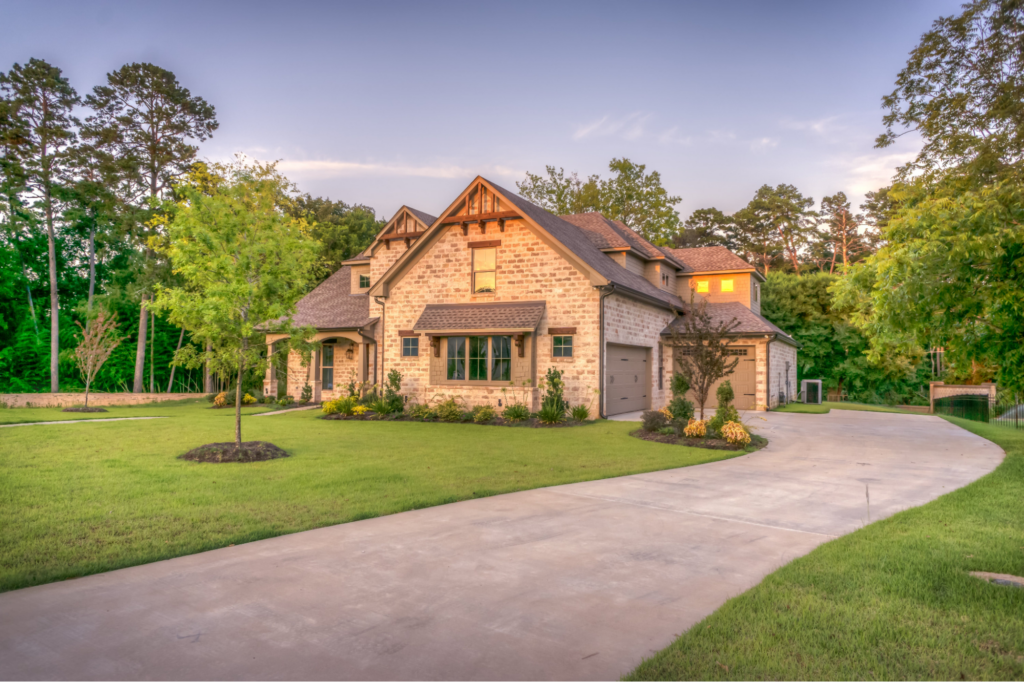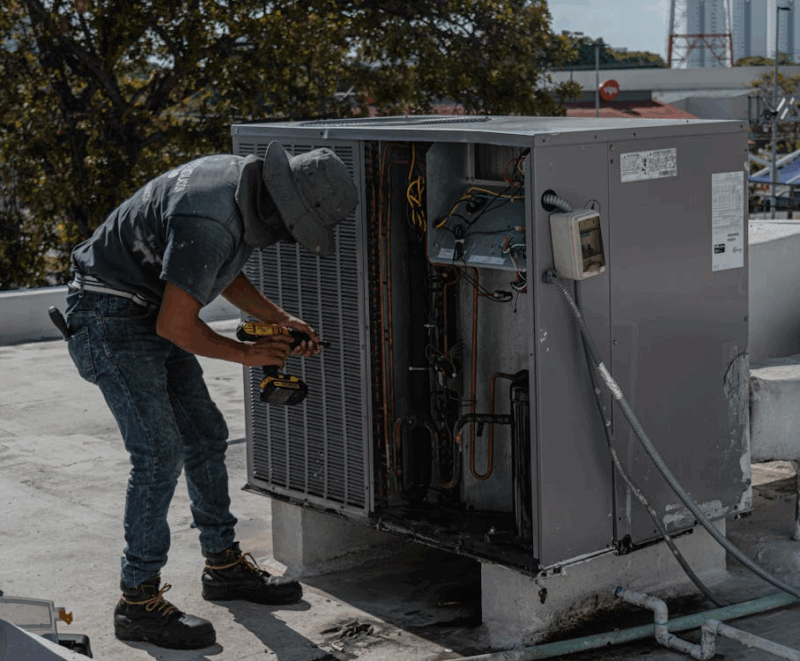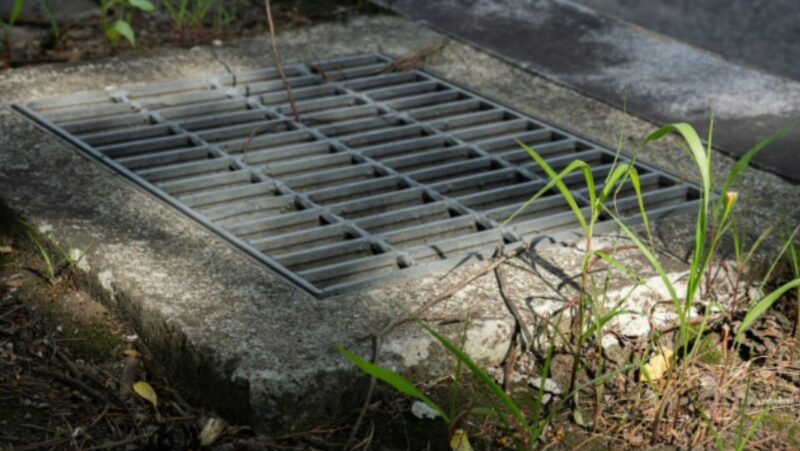
Home repairs and maintenance are inevitable expenses that every homeowner will face at some point. No matter if it’s fixing a leaky roof or replacing a broken appliance, the costs can quickly add up. That’s why here, we will discuss various factors that can affect home repair and maintenance costs, give some tips on how to create a realistic home maintenance budget, and offer tips for prioritizing repair projects. We will also look into ways you can potentially save money on repairs and discuss how to deal with unexpected emergencies.
Factors Affecting Home Repair and Maintenance Costs
As you may presume, several factors can influence the cost of home repairs. The size and age of your home, the quality of materials used, the complexity of the repair, and the location of your property can all impact the final bill. For instance, if your roof needs to be fixed, the cost can vary, such as if you need a roofing contractor to take care of the repairs instead of being able to fix it yourself. Additionally, the availability of skilled labor in your area and the time of year can also affect costs. So, it’s essential to consider these factors when budgeting for home repairs.
Creating a Realistic Home Maintenance Budget
When creating a home maintenance budget, you’ll need to account for both expected and unexpected expenses. Start by listing all the regular maintenance tasks your home requires, such as HVAC servicing, gutter cleaning, and lawn care. Next, estimate the cost of any upcoming repair projects based on the factors mentioned above. That way, you can easily assess whether or not your current budget can cover everything that needs to be done. Also, don’t forget to set aside a portion of your budget for emergencies, as unexpected issues can arise at any time.
How to Prioritize Home Repair Projects
When faced with multiple repair projects, it’s essential to prioritize them based on urgency and importance. Start by addressing any safety hazards or issues that could cause further damage to your home. Once that’s taken care of, you should focus on repairs that will improve the comfort and livability of your space.

Projects that will increase the value of your home, such as kitchen or bathroom renovations, can be left for the very end and be taken care of when there’s enough room in your budget for them.
Tips for Saving Money on Home Repairs
As mentioned, there are several ways every homeowner can save money on home repairs without sacrificing quality. Consider tackling smaller projects yourself, such as painting or minor plumbing repairs, to save on labor costs. Shop around for quotes from multiple contractors to ensure you’re getting a fair price. And whenever possible, consider using salvaged materials or opting for more budget-friendly alternatives to save on material costs.
Unexpected Costs: Dealing with Emergencies
Despite your best efforts to budget for home repairs, unexpected emergencies can – and most probably will – still occur. Whether it’s a burst pipe, a damaged roof, or a malfunctioning HVAC system, these emergencies can quickly drain your savings. In these situations, it’s essential to act quickly to prevent further damage and seek out financing options if needed. Consider setting up an emergency fund specifically for home repairs to help cover these unexpected costs.
In the end, home repairs and maintenance are a necessary part of homeownership. By understanding the factors that affect repair costs, creating a realistic maintenance budget, prioritizing projects, doing your best to try and save money wherever possible, and properly preparing for emergencies, you can better manage the financial aspect of maintaining your home.




